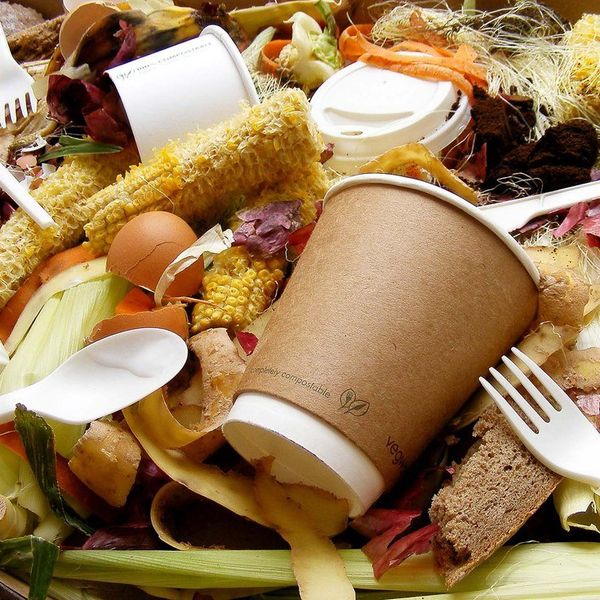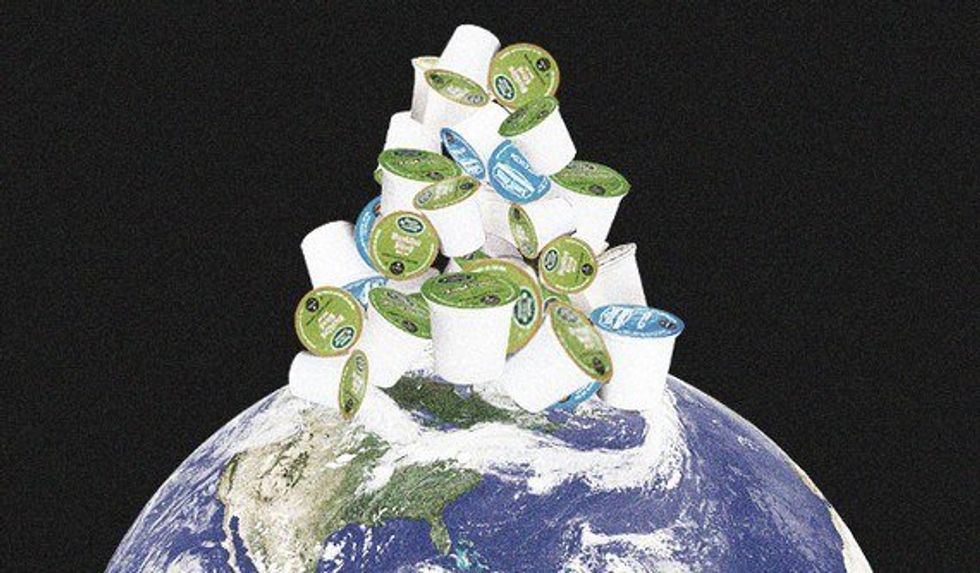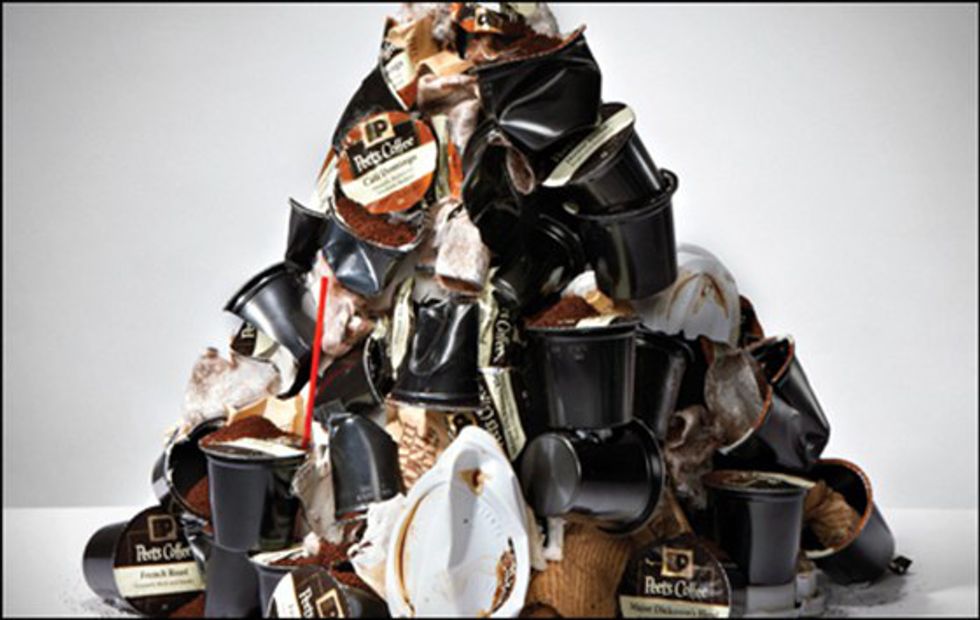The Keurig phenomenon begins for most upon entrance to their freshman year of college. We’re independent! We’re adults! We can make coffee in our dorm rooms! It’s all very new and exciting. These coffee makers are easy to use, easy to clean, and most importantly - super cute.
Recently, however, Keurigs have been creating a bit of a crisis for environmentalists everywhere. Coffee grounds for the Keurig are sold in K-Cups, single serving coffee containers made of plastic cups, with an aluminum lid and a filter inside. Convenient? Yes. Destroying the earth? Again, yes. K-Cups are quite literally killing our planet. The cups are not biodegradable, meaning they are not capable of being decomposed, nor are they recyclable.
This past January, a video called “Kill the K-Cup” was anonymously released on the internet, and it spread like wildfire. This dramatized earth invasion of K-Cups stresses one point over and over: kill the K-Cup before it kills our planet. It mentions that in 2014, there were enough discarded K-Cups to circle the earth 10.5 times. Other sources report that 10.5 was too small of an estimate, and that the K-Cups could have circled the earth over 12 times.
The reason the plastic is not recyclable is because it has to be durable enough to withstand the brewing process, and other prototypes failed to do so. Last year, over 9 million K-Cups were sold. But since there is no environmentally-friendly way to dispose of these cups, where are they all going? Sadly, we are filling up landfills, one coffee pod at a time.
K-Cup inventor John Sylvan says he has one regret: inventing the K-Cup. He feels guilt from the unintentional harm his seemingly revolutionary invention has caused.
However, while the K-Cup issue has not been resolved, Keurig has taken a step in the right direction by creating "reusable K-Cups." They are empty plastic pods that can be filled with ground coffee of your choice. Best of both worlds, folks. This is the path to satisfying your caffiene craving - minus the K-Cup induced guilt.























